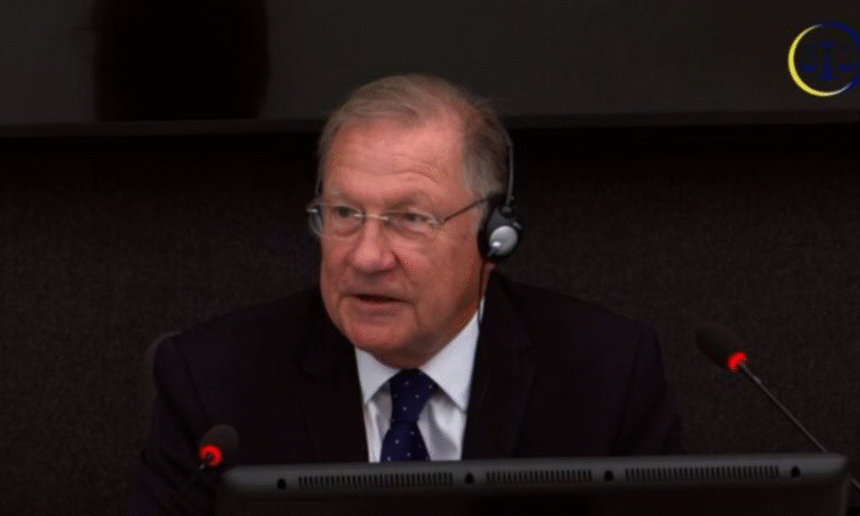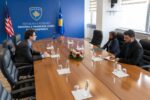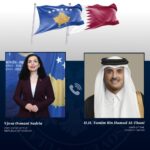Former British diplomat John Stewart Duncan, called by the defense of former President Hashim Thaçi, testified in The Hague that one of the key objectives during the Kosovo conflict was for UÇK fighters, by agreeing to the disarmament process, to be perceived by the international community not as a “terrorist or criminal group,” but as a legitimate liberation movement deserving of independence.
“The goal was for the UÇK to shift in the eyes of the international community—from being seen as ‘criminals or terrorists’ to being recognized as freedom fighters who had accepted the Rambouillet Agreement. This was a step toward democracy: to be accepted as a responsible group of individuals following a respected political process. What we offered was clear: by signing the agreement, you would demonstrate to the international community that you are responsible actors worthy of respect and capable of earning independence,” Duncan explained.
His testimony contextualized how the UÇK and international actors were perceived during the Kosovo conflict. He emphasized that the disarmament agreement could serve as a tool for legitimization in the eyes of the international community and a pathway toward the recognition of Kosovo’s independence.







